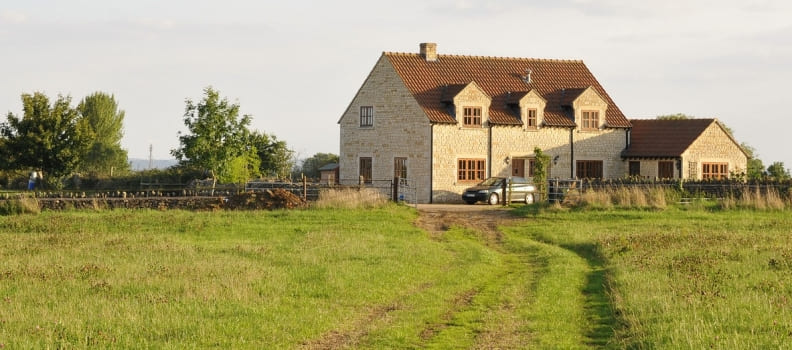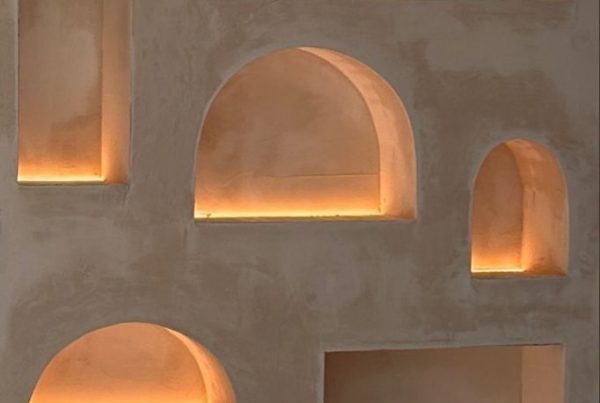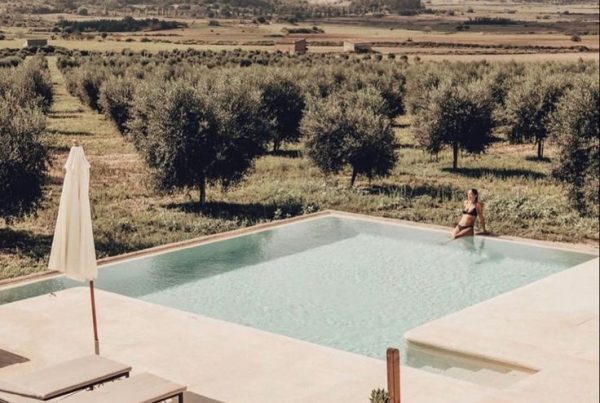
Approval of the Decree-Law on Administrative Simplification
The Consell de Govern of the Balearic Islands has approved the new Decree-Law on administrative simplification and rationalization.
This regulation introduces extraordinary procedures for the regularisation and legalisation of out-of-order constructions.
According to the Omnibus Decree, buildings, constructions, installations and uses that are currently out of order —and against which it is no longer possible to take measures to restore urban legality— may be legalised on an extraordinary basis within three years.
Purpose and Scope of the Measure
This measure applies only to constructions where the Administration can no longer act due to time-barred infringements. It cannot be used for the commercialisation of tourist stays.
Eligible buildings must have been built at least eight years before the entry into force of the Decree-Law.
For constructions on protected rural land, they must predate the entry into force of the Land Use and Planning Act of 29 May 2014.
In areas covered by the Natural Spaces Law, they must have been built before 10 March 1991.
In return, owners are required to pay financial compensation and adopt environmental sustainability measures.
Financial Contributions and Compensation
Owners will have to contribute to the urban planning process by paying the same fees and taxes as for new buildings.
Additionally, they must pay a financial benefit to the town hall.
The amounts collected will be used for the acquisition, recovery, and sustainable management of natural spaces and resources, or to strengthen the municipal land patrimony.
The compensation rates are as follows:
-
10% if the legalisation is requested in the first year.
-
12.5% if requested in the second year.
-
15% if requested in the third year.
Applicants with lower incomes will benefit from reductions of up to 50%, depending on their taxable income.
Environmental Sustainability Requirements
Applicants must submit a technical project to adapt their properties to environmental criteria.
This includes measures such as:
-
Reducing light pollution.
-
Improving energy and water efficiency.
-
Using sustainable materials and systems.
-
Installing renewable energy systems, water tanks, or purification systems.
All measures must comply with the Hydrological Plan of the Balearic Islands.
Cases Excluded from the Extraordinary Procedure
The extraordinary legalisation does not apply to:
-
Buildings subject to expropriation, compulsory transfer, or demolition.
-
Constructions located within the public domain, road protection zones, or coastal easements.
-
Properties involving activities that require public or limited rights, such as rural hotels or agrotourism.
-
Buildings used for activities subject to prior declaration of general interest, unless they have been expressly declared as such under Law 6/1997 on rural land in the Balearic Islands.
Other Administrative Changes
The resolution granting the extraordinary legalisation licence must expressly include the prohibition of tourist commercialisation.
Additionally, the certificate of habitability issued by island councils will no longer be required.
Instead, the municipal first occupation licence will serve as the sole valid document, thus eliminating duplication.
Finally, licences may also be processed through External Control Units (ECU).
However, this regulation will only become legally valid once published in the BOIB (Official Gazette of the Balearic Islands).





